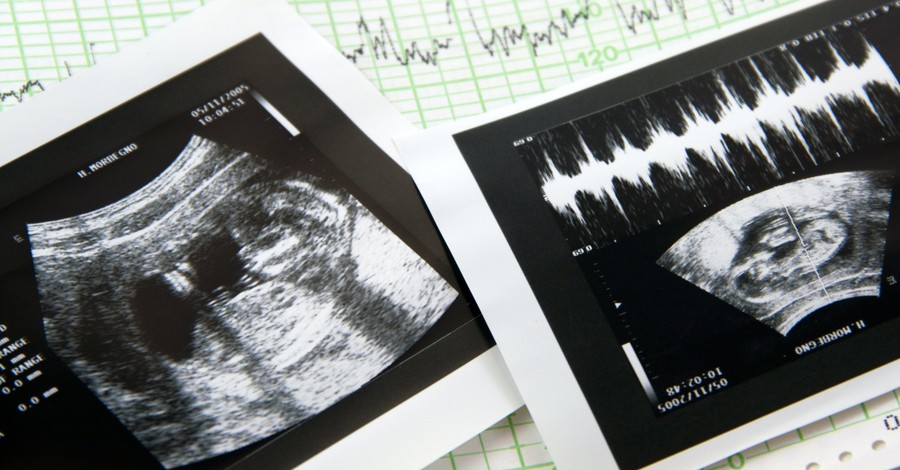
A federal appeals court handed the pro-life community a major victory Friday when it ruled a Tennessee law banning abortions due to an unborn baby’s race, sex or Down syndrome diagnosis can be enforced while it is challenged at a lower court.
The U.S. Sixth Circuit Court of Appeals, in a 2-1 decision, issued a stay on a lower court’s ruling that blocked the law, which prohibits a doctor from performing an abortion on a woman if the doctor knows “that the woman is seeking the abortion because of a prenatal diagnosis, test, or screening” indicating the child would be born with Down syndrome. The same law also prohibits doctors from performing an abortion if the woman is seeking the abortion because of the sex or race of the unborn child.
The appeals court said the state of Tennessee had demonstrated a “likelihood” that it will succeed in the lawsuit. Further, the court said the law’s language was not “unconstitutionally vague,” as the lower court had ruled.
The ACLU and the Center for Reproductive Rights, a pro-choice group, brought the lawsuit.
Tennessee Gov. Bill Lee, who signed the bill into law, applauded the appeals court decision.
“Every life is precious, and every child has inherent human dignity. Our law prohibits abortion based on the race, gender, or diagnosis of Down syndrome of the child and the court’s decision will save lives,” Lee, a Republican, tweeted. “Protecting our most vulnerable Tennesseans is worth the fight.”
Every life is precious and every child has inherent human dignity. Our law prohibits abortion based on the race, gender, or diagnosis of Down syndrome of the child and the court’s decision will save lives. Protecting our most vulnerable Tennesseans is worth the fight.
— Gov. Bill Lee (@GovBillLee) November 21, 2020
The two judges in the majority, Amul R. Thapar and Eugene E. Siler, Jr., were nominated by Presidents Trump and George H.W. Bush, respectively. Judge Eric L. Clay, who dissented, was nominated by President Clinton.
The ban was part of a larger, sweeping pro-life law that included a prohibition on abortions if a fetal heartbeat is detected. The appeals court did not lift the lower court’s injunction against that part of the law.
Related:
Unborn Are America’s ‘Most Vulnerable Citizens’: 18 States Defend Fetal Heartbeat Ban in Court
Photo courtesy: ©Getty Images/Wlablack
Michael Foust has covered the intersection of faith and news for 20 years. His stories have appeared in Baptist Press, Christianity Today, The Christian Post, the Leaf-Chronicle, the Toronto Star and the Knoxville News-Sentinel.










